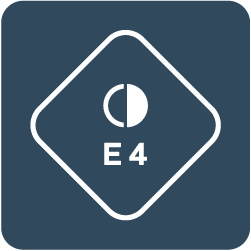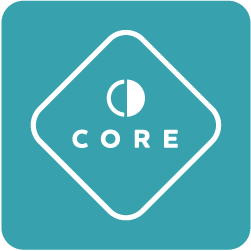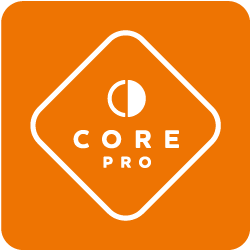
The candidate experience is more or less defined as the candidate’s encounter with the recruiting process from beginning to end: job enquiries, proactive candidate resourcing (job boards, LinkedIn), job applications, interview preparation/feedback, pre and post placement. Research from the Talent Board found that improving candidate experience is “recruiters’ number one goal for 2019” and “80–90% of talent say a positive or negative candidate experience can change their minds about a role or company”. So what causes a bad candidate experience and how can you improve yours?
1. Not recognising where the candidate experience begins and ends
Delivering exceptional candidate experience needs to be a priority for all stages in the candidate’s journey, not just when your recruiters are engaging directly with candidates. Aspects such as your agency’s social media activity or online reviews can play a significant role in outlining expectations during the early awareness phase of the candidate experience, giving them either a positive or less than positive perception of your agency.
There is some debate about where (or if) the candidate experience ends. Kevin Grossman, President of Global Programs at The Talent Board, believes that, “Candidate experience is 24/7,” because even when a candidate is placed, agencies can still remain in communication, provided the communication is requested and useful. This will encourage further word-of-mouth recommendations.
2. Failing to properly understand your candidate’s job requirements
The pressure and urgency to fill a role can lead recruiters to rush the process of sending candidates’ CVs before full understanding one or all of:
- The role requirements
- The client fit and interview process
- The candidate’s job requirements
By not fully understanding one or all of these can disrupt and be the primary cause of a bad candidate experience. The worst case scenario being the candidate feeling like a number, being pressured into a job application that they don’t want and then feeling unprepared for the interview.
To prevent this, your process needs to be watertight to get all the information you need from the client so you can fully inform a candidate about the details that are important to them enabling them to make a decision about whether the role is right for them. This way candidates will feel in control and are more likely to have a positive experience.
3. Not providing feedback in a timely manner
Regardless of the stage of the hiring process, as soon as your recruiters have been entrusted with a candidate’s application, best practice candidate experience is to provide some feedback or communication as to the outcome of that process. CareerArc report that “51% of those who receive notification say that it takes at least one month or more.”
No or slow feedback = bad candidate experience
To prevent this, you must clearly communicate the importance of feedback to your clients so that there is an expectation right from the outset. You can also manage a candidate’s expectations by letting them know an estimate as to how long they may hear from you regarding the application or interview. Being open and honest with your feedback and consistent with your communication is key to a good candidate experience.
4. Ignoring feedback given to your agency
“78% of job seekers report never having been asked for feedback on their candidate experience” Lever reports. You should have a process that encourages candidate feedback, whether it is positive or negative. Your agency will always be able to improve and your candidates are a fantastic source for analysing where your strengths and weaknesses are. Regularly review candidate feedback and you’ll be able to make necessary changes to be the best in your sector.
Improving your candidate experience should be a priority for your agency as it can be the difference between you and your competitors. Identify the weaknesses at your agencies and put in place a process of continual improvement.
Want to build an exceptional recruitment team? Download our free eBook.





